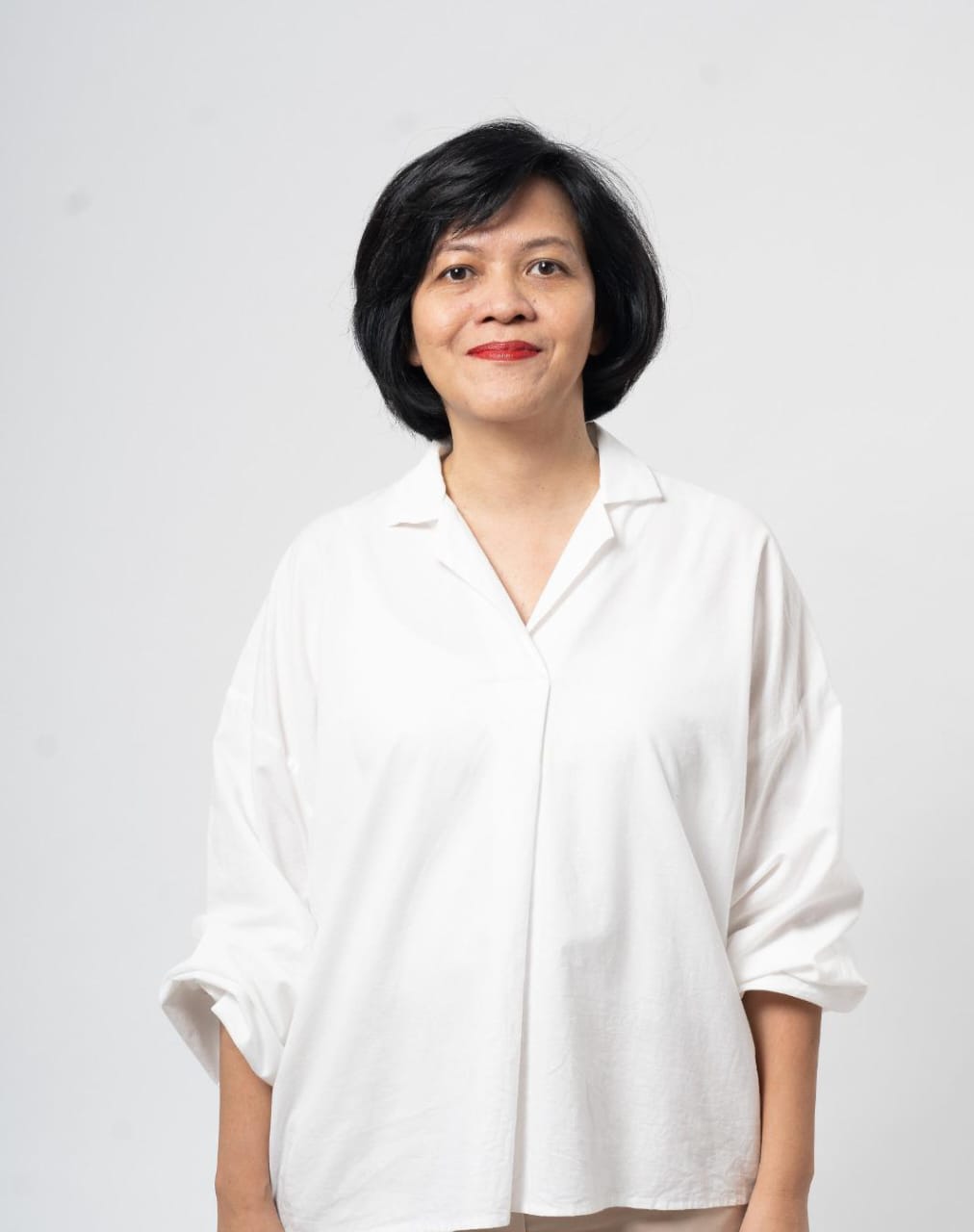The sound of angklung and booming voices of the children filled the Makara Art Center (MAC) Building, Universitas Indonesia (UI) Campus, Depok, during an opera performance entitled “Pancasila Voice of Humanity (Angklung Symbiosis)” which took place last Saturday (9/12). This opera appeared unique because it presented angklung and modern music, a collaboration between MAC UI and the Luminare Domus school house. This non-formal school has been holding teaching and learning activities for scavenger children in the Lebak Bulus area, Jakarta, since 2002. Currently, Luminare Domus is providing free education for 87 children who are also spread across the Rempoa, Kampung Bandan and Maumere areas, East Nusa Tenggara. In the performance at MAC UI, Luminare Domus students became actors and musicians.
They conveyed humanitarian messages through various regional and national songs, including “Lilin-lilin Kecil”, “We Are The World”, “Gundul Gundul Pacul”, “Rumah Kita”, “Because of Love”, and “Indonesia Pusaka”. This musical performance carried a message of unity and peace as contained in the values of Pancasila.
In the middle of the opera performance, the professor at the Faculty of Social and Political Sciences (FISIP) UI, Prof. Dr. Paulus Wirutomo, M.Sc performed a monologue. He said, “Luminare Domus means the house that lights up. A group of children took shelter in this house, hoping for a glimmer of light in the midst of the tense darkness outside. They were embraced with great love. Like a small candle, Luminare Domus never stands out. O little candle, keep shining. Don’t let these children falter in the dark.”
Head of Makara Art Center UI, Dr. Ngatawi Al-Zastrouw, also presented a monologue discussing the values of Pancasila. “This afternoon, we saw the beauty of Indonesia, which is as colorful as a garden. There are children from various social backgrounds. They are the flowers that grow in gardens. There are roses, jasmine, ylang-ylang, and frangipani. Our job is not to change roses into jasmine, but to care for these flowers so that they develop as well as possible and their fragrance can be enjoyed by as many people as possible in Indonesia. That’s Pancasila,” he said.
Zastrouw also said that the “Pancasila Voice of Humanity” performance was a form of sincerity of conscience as the place where Pancasila resides. “We often feel that the fifth principle which talks about social justice is still not visible. But in this school, in this community, Pancasila lives and develops even though the teachers do not receive enough salaries for it. In here, there is devotion, sincerity, and conscience. Pancasila will live, grow and develop when conscience exists,” he said.
Also present at this performance were representatives from the Pancasila Ideology Development Agency (BPIP), the National Research and Innovation Agency (BRIN), the Bakul Budaya community of the Faculty of Humanities (FIB) UI, UI students, artists, cultural figures and social movement activists. The appearance of the Luminare Domus children left a deep impression on the hearts of the audience. “In the midst of limitations, they can put on beautiful and touching artistic performances. This is extraordinary,” said Galuh from BPIP.



